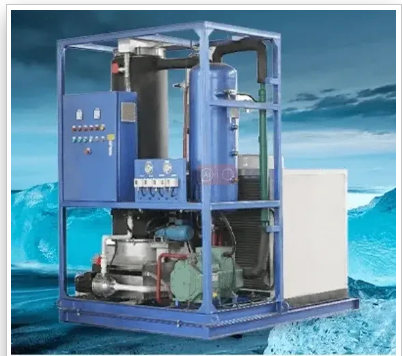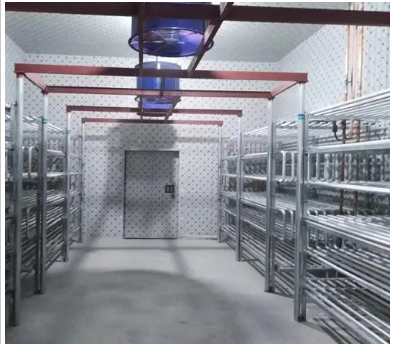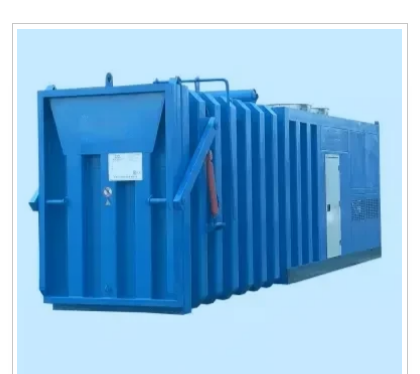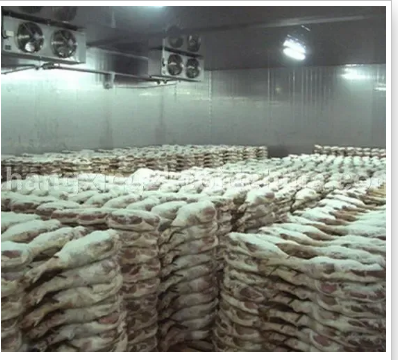evaporative condensing unit
Understanding Evaporative Condensing Units Efficiency and Applications
Evaporative condensing units (ECUs) play a crucial role in modern cooling systems, particularly in commercial and industrial applications. These units combine the principles of both evaporative cooling and condensation to provide effective heat exchange, making them an efficient choice for various temperature control needs. In this article, we will explore how evaporative condensing units work, their benefits, applications, and considerations for implementation.
How Evaporative Condensing Units Work
At their core, evaporative condensing units operate by passing refrigerant through a series of coils. The process begins when the refrigerant, in a gaseous state, enters the condensing unit, where it is compressed, raising its pressure and temperature. This high-pressure gas then moves through the condenser coils, where it comes into contact with a flow of air that has been cooled through the evaporative process.
In an evaporative condenser, water is sprayed onto the coils where the hot refrigerant is circulating. As the water evaporates, it absorbs heat from the refrigerant, which leads to the cooling and condensation of the gas into a liquid. This heat exchange mechanism maximizes efficiency because the process reduces the temperature of the refrigerant without relying solely on mechanical systems. The cooled, liquid refrigerant is then returned to the system to absorb heat and repeat the cycle.
Benefits of Using Evaporative Condensing Units
1. Energy Efficiency One of the main advantages of ECUs is their energy efficiency. By utilizing the natural process of evaporation, these systems can significantly reduce energy consumption compared to traditional air-cooled condensers. This translates to lower operating costs and a reduced carbon footprint.
2. Reduction of Water Usage While it might seem paradoxical, evaporative condensing units often use less water in comparison to other cooling technologies, especially when evaluating the entire lifecycle and maintenance needs. The systems are designed to maximize water usage through careful management and can return some of the water to the environment, minimizing waste.
3. Versatility ECUs can be integrated into a variety of applications, from refrigeration systems in supermarkets and warehouses to cooling processes in heavy industries like manufacturing and data centers. Their ability to adapt to different operational requirements makes them a favorite among engineers and facility managers.
evaporative condensing unit

4. Enhanced Performance in Hot Climates In regions with high ambient temperatures, evaporative cooling can be particularly advantageous. ECUs can operate more efficiently in high temperatures than traditional systems, making them suitable for areas where cooling demand peaks during hot weather.
Applications of Evaporative Condensing Units
Evaporative condensing units are widely used across different industries. Key applications include
- Refrigeration Systems They are commonly employed in commercial refrigeration and HVAC systems, improving the cooling efficiency of chillers and other equipment. - Industrial Cooling Many manufacturing processes, such as food and beverage production, require reliable cooling solutions. ECUs provide the necessary temperature control, ensuring product quality and safety. - Data Centers With the increasing demand for cooling in data centers, ECUs offer an effective solution for managing heat loads from servers and IT equipment while maintaining energy efficiency.
Considerations for Implementation
When considering the adoption of evaporative condensing units, several factors need to be evaluated
- Climate and Environment The local climate plays an essential role in the effectiveness of evaporative cooling. Dry, arid regions may benefit more from ECUs compared to humid environments. - Maintenance Needs While ECUs can reduce energy usage, they may require regular maintenance to ensure optimal performance, especially regarding water treatment and the prevention of scale buildup. - Initial Costs The installation costs for evaporative condensing units can be a consideration, though the long-term savings often offset these initial investments.
Conclusion
Evaporative condensing units represent a powerful solution in the realm of cooling technologies, merging efficiency with practicality. Their ability to provide effective cooling in various applications while minimizing energy consumption positions them as a sustainable choice for the future of energy-conscious industries. As technology advances, we can expect further enhancements in evaporative condenser design, optimizing their performance and expanding their applications even further.
-
the-role-of-modern-ice-machines-in-food-beverage-and-industrial-applicationsNewsAug.24,2025
-
next-generation-iqf-solutions-from-small-iqf-freezer-to-emergency-cold-storage-technologiesNewsAug.24,2025
-
advanced-refrigeration-technology-from-airtight-freezer-machine-to-intelligent-cold-storage-solutionsNewsAug.24,2025
-
reliable-cold-storage-rooms-for-sale-and-modern-industrial-refrigeration-solutionsNewsAug.24,2025
-
reliable-coolroom-for-sale-and-advanced-cold-storage-solutionsNewsAug.24,2025
-
cold-room-cost-and-refrigeration-solutions-from-shijiazhuang-xuexiangNewsAug.24,2025






